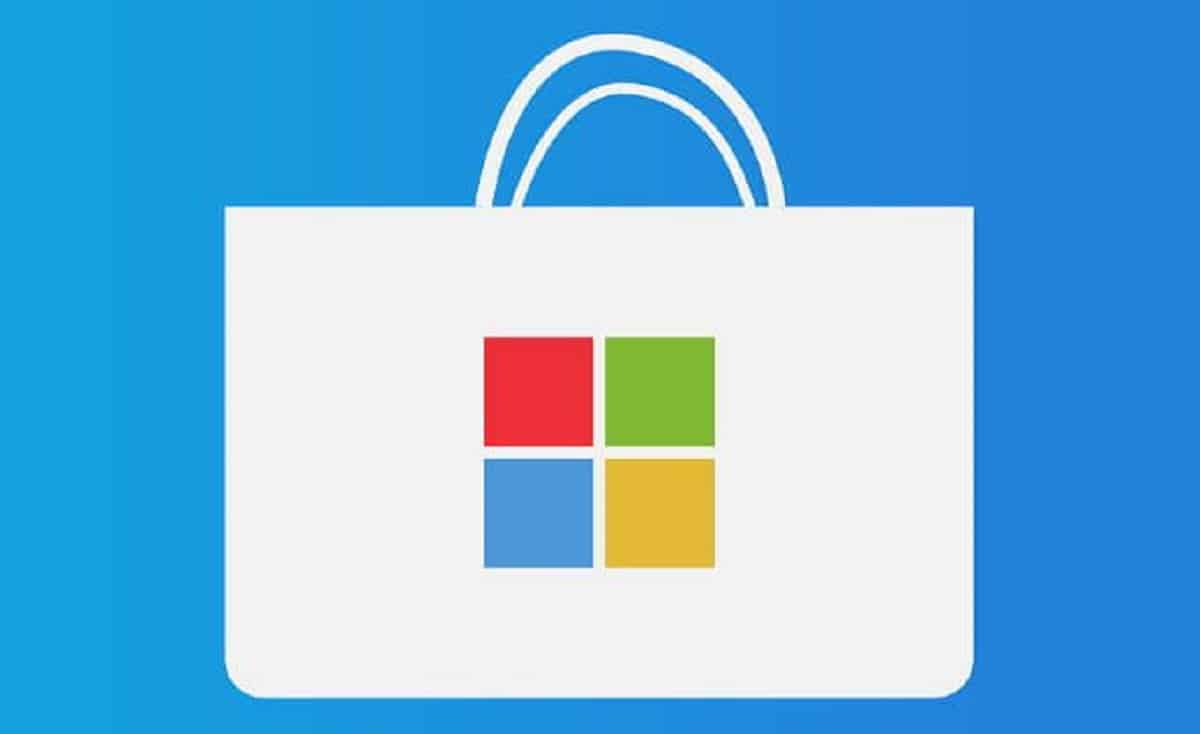
Recently the news broke that Microsoft has made changes to the terms of use of the catalog from the App Store, which will be effective from next week.
The most controversial change was the ban on the sale of open source applications, which are usually free. The introduced requirement is intended to combat third parties profiting from the sale of popular open source program assemblies.
This new change does not come from nowhere, since for several months many users complained to Microsoft and even to the alleged developers about why they published open source applications like theirs and more if they requested a payment to download it. A practical example was GIMP, that when searching for the application, several applications with the name appeared and that were paid.
The new rules are formulated in such a way that the sale ban applies to all projects under open licenses, since the code of these projects is available and can be used to create free compilations.
The ban applies whether or not the account is associated with a direct developer, and includes apps hosted on the App Store by major projects to financially support development.
For example, projects like Krita and ShotCut have used publishing paid builds on the App Store as one of their fundraising options. The change will also affect projects like Inkscape, which are available on the App Store for free but allow an arbitrary donation amount.
Microsoft officials say the decision was made due to the difficulty of identifying the real developers and the desire to protect users from the manipulation of open source software and the sale of programs that can be downloaded legally for free.
When discussing the changes, the head of the App Store promised to review the rules, adding options to support the development of open projects. But the relaxation of the mentioned rule refers to the use of business models that are detrimental to free and open source software, such as the distribution of reduced versions of open source software and the sale of a separate commercial version that includes functions that are not available. are available in the open source codebase.
For its part, the human rights organization Freedom Conservancy Software (SFC) believes that the ban on the sale of open source software on the App Store is unacceptable, since any truly open or free system is always available for free use - developers work in public and do not interfere with creating mods and forming builds for any platform.
These rights and freedoms are fundamental to free and open source licenses and apply to both users and businesses, making it possible to benefit from open source software not only for original developers, but also for distributors who offer easy-to-use delivery methods like in-app location. Store. For example, anyone can sell their product based on the Linux kernel as long as it meets the requirements of the GPL license,
The SFC does not rule out that the restrictions introduced be a tactical move to get attention: At first, Microsoft tries to introduce unreasonable changes, and after the appearance of indignation, agrees, cancels the decision, thus expressing its commitment to the ideas of open source software.
A similar tactic was used to create the App Store catalog, which initially prohibited the publishing of programs under copyleft licenses, but after a wave of outrage, Microsoft defiantly turned to the community and allowed the placement of open source software. A similar situation occurred with the removal and subsequent return of the Hot Reload functionality in the open source .NET codebase.
Finally, if you are interested in learning more about it, you can consult the details at the following link.